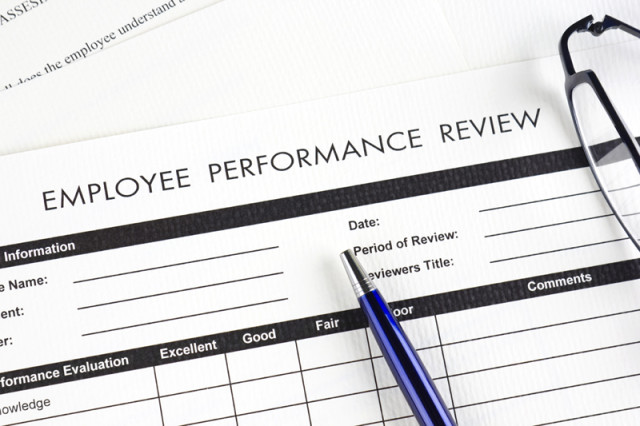It is a part of human nature to react aggressively to criticism or bad feedback. And that is exactly why most of us lose our temper when we feel our performance review was bad or unfair. With our defense mechanism working overtime, we tend to say things which we don’t mean, without even listening to what the reviewer has to say. Knowing only our side of the story, we strongly believe that we put in all the efforts required to complete a task and start taking the review personally rather than professionally.

The key lies in looking at the review process from a third person perspective and not jumping the gun while reacting to it.
Listen
So, the first step to take once you have got a bad or an unfair performance review is to listen to what the reviewer has to say. No doubt you worked hard, but there may be a chance that you missed out on something while working on that one project. Also, the reviewer has a criteria set in his head, and letting him explain that criteria to you is the best thing to begin with.
Review yourself
Ideally, this should have been done way before the actual review but, as they say, it is never too late. After listening to the criteria on which the review was based, try and review your own performance. Go into the details of your performance without getting too emotional about it. It goes without saying that you need to be honest as it will only help you in the long run.
What does your rating mean
Look out for signs, read between the lines and figure out what a bad review actually means for your company. There might be a chance that your good is not good enough for the company and this is just their way of warning you. Take precautionary measures before it is too late.
Talk to your boss
A long, healthy discussion at this point can work wonders for you. Go ahead and talk to your boss about your review. Try not to sound arrogant or defensive because that can spoil your impression further. Let him tell you what you were lacking in your performance and ask him about what can be done to improve it.
Rebuttal
Remember, you cannot declare war so this should be subtle and backed with facts. Do not let emotions seep into your rebuttal and make sure it is justified. Explain to the reviewer or your boss what you feel is unfair, giving them reasons and solutions if you find loopholes in the company’s review system.
Don’t jump on to conclusions
If you are unhappy, start looking for another job, but talking about this to your current boss and your colleagues will not be a good idea. Don’t think that your company has something against you, because that is not going to help either. The idea is to take the next step smoothly, so don’t quit before you have a good offer in your hand.
Just like everything else, reviews and performance appraisals are an important part of one’s work life. However, they are not the most important part, so when something is bothering you, figure it out and then move on to more constructive things. Remember that the sole purpose of a review is to bring out the good and the not so good things about your performance.


























